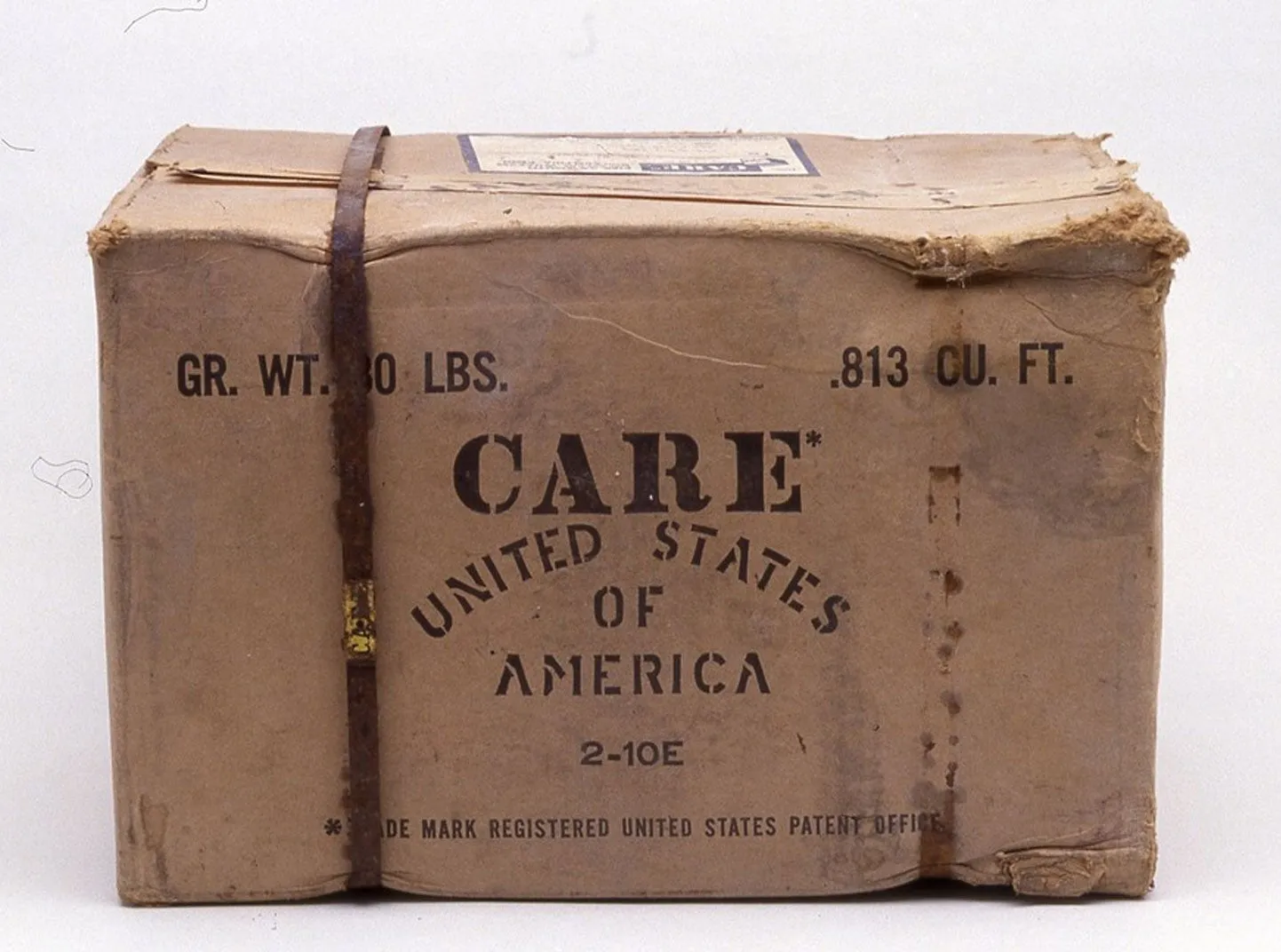Abeer Abbas came to Jordan from Syria in 2013. Since then, she started her own business by transforming a modestly equipped kitchen into a small workshop manufacturing dairy products.
With only some pots, utensils, an oven and small refrigerator, Abeer has succeeded in manufacturing high-quality products, despite the small quantities of sheep milk imported to her home-based workshop, and in building a customer network of neighbors and acquaintances.
“I used to be a primary school teacher in Syria and tried to find a job in my field in Jordan, but I could not, especially as we live in a poor neighborhood, where there is little or no demand for private tutoring,” she says. “I also tried to work with NGOs, but working hours and locations made it difficult for me, especially since I am required to take care of my children.”
After failing to find a job, Abeer, 42, said she decided to start her own business, hoping to secure a stable income that could sustain her sick husband and six children. She started from her home in Zarqa Governorate manufacturing dairy products from sheep milk. Abeer used the practical experience she acquired from her mother and the knowledge she learned from studying science for her diploma.
“Things like density, temperature, acidity and appropriate quantities were familiar to me,” she says.
Abeer is part of a group of women owners of micro-enterprises and home-based businesses, who have recently received intensive training from CARE International on establishing, managing, and developing small projects. In the training course, she explains that participating women were taught marketing and promotion techniques, problem-solving, leadership, and trust-building skills, as well as networking essentials to build a client base.
“Despite all the difficulties I faced, I managed to establish a small yet sustainable business.”
“The training has improved my knowledge with valuable information and refined my simple experience and advanced it to a better level,” Abeer says. “I learned to accept criticism on my products in a positive manner and I learned production improvement methods, resourcefulness, and how to find solutions to the problems I face – the last of which was the lack of sheep milk during this period of the year.”
“Abeer is like many women who can make trademarks if provided with constant support, guidance, and financing,” says trainer Mohammad Mari, who introduced the course to the women.
According to Mari, the biggest challenge facing Abeer and other women in similar situations is a lack of confidence. CARE trainings aim to boost self-confidence through a specialized training targeted at overcoming the social and economic obstacles.
In addition to the training, Abeer has participated in a savings program designed by CARE in cooperation with the Qudurat Association for Community Development. Through the program, which is part of CARE’s Village Savings and Loan Associations (VSLAs), each participant can save money in the fund on a weekly basis and can access a small installment loan to develop a sustainable business.
“Despite all the difficulties I faced, starting with leaving Syria through the sickness of my husband and all the resulting challenges, I managed to establish a small yet sustainable business that provides me and my family with a stable income,” Abeer says proudly.
CARE has recently launched an economic empowerment project targeting vulnerable groups of refugees and local communities, especially women and youth, with the aim of enhancing their resilience and access to income-generating opportunities.
In 2018, CARE launched a 12-year strategy to scale up its VSLAs, with the goal of supporting 50 million women and girls – and 65 million people overall – to form savings groups by 2030.
Looking ahead to 2030, CARE believes that scaling VSLAs and supporting their members to pursue their goals can have a substantial impact on the achievement of the 2030 U.N. Sustainable Development Goals.

